Promoting the sustainability of the sugar cane supply chain in El Salvador
Title Need Analysis of the sustainability of sugar cane producers small cooperatives in El Salvador
Location Sonsonate e San Luis Talpa, El Salvador
Duration February 2020
Context
In El Salvador, sugar cane production presents critical situations, especially in social and environmental terms. The greatest weaknesses are found in the lack of transparency of the production chains. Nonetheless, sugar cane represents 11% of the country’s total agriculture and occupies 79 thousand hectares of the total cultivated area (data relating to 2018/2019). Approximately 175 municipalities, divided over 13 (of the 14) departments of the country, are dedicated to sugar cane production.
The development of the sugar cane sector began in the 1930s with the birth of the first consortia and nowadays there are six large sugar factories. The agricultural process is intensive: the sowing period causes land erosion and harvest causes an excess in land exploitation.
General Objective
The aim of the Need Analysis was to collect and analyze the needs related to the economic, environmental and social sustainability of the cooperatives identified as potential beneficiaries of a future development project.
Our contribution
The study focused in particular on:
- ♦ Understanding the context of the sugar cane production and supply chain at national level.
- ♦ Understanding the relationships that take place inside the sugar cane supply chain from producers to the sugar factory, including the main relationships between local actors.
- ♦ Identifying the main needs of small producers and their cooperatives.
- ♦ Exploring the main causes that undermine the sustainability of sugar cane production, evaluating possible areas of intervention.
- ♦ Identifying and suggesting potential future development initiatives and proposals.
The research was carried out through a field mission and the use of mixed methods that accompanied a preliminary desk analysis: semi-structured individual and collective interviews, field visits and informal interaction, focus groups with the main stakeholders of the supply chain and with small producers.
For further information
Leonardo Borsacchi
Circular Innovation & Sustainable Commodities Unit – Coordinator
leonardo.borsacchi[at]pin.unifi.it
Read more on our Circular Innovation & Sustainable Commodities Unit
Related Projects
-

Memorandum of Understanding for a hop garden for the production of ‘made in Prato’ craft beer
-

FLOWTEX, fostering circular innovation and technology transfer in the textile district in Prato
-
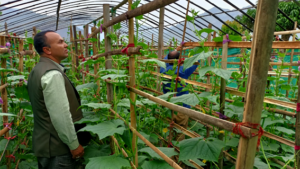
Development of the spices and seeds value chains to foster youth and women empowerment in Nepal
-

RESET – Capitalizing on best practices to support the creation of green businesses in the Mediterranean
-
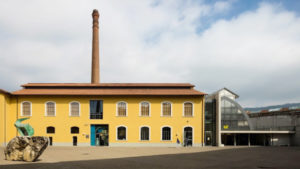
Prato Circular City: the integrated strategy for the circular transition of the city of Prato
-
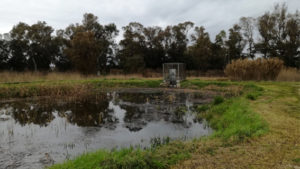
Sustainability of Nature Based Solutions (NBS) interventions for water treatment in agricultural contexts
-
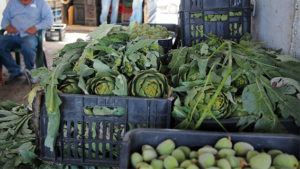
Reorganisation of agricultural cooperatives and optimisation of laboratory procedures for agricultural products in Lebanon
-
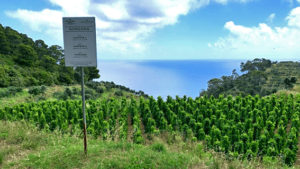
Inserimento lavorativo e formazione in Economia Circolare, agricoltura e sostenibilità per i detenuti delle isole di Gorgona e Pianosa
-

Project URGE and Circular Economy, technical and scientific support for the Municipality of Prato
-

SIRCLES, fostering inclusive employment opportunities in the Circular Economy sector
-
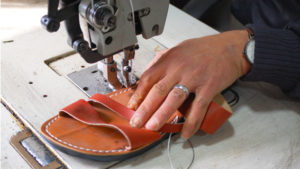
Peace Steps in Palestine : mid-term evaluation & Support to the creation of an Ethical Charter
-
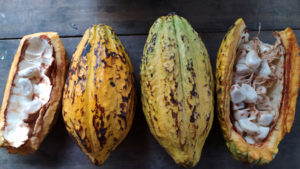
Need Analysis to promote the sustainability of small cocoa producer communities in Ecuador
-
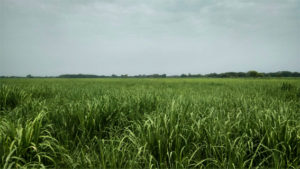
Promoting the sustainability of the sugar cane supply chain in El Salvador
-
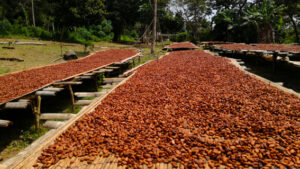
Need Analysis to foster the sustainability of cocoa beans farmers in Togo
-
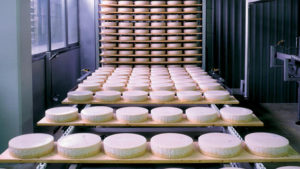
Evaluation of the promotion campaign for Piave DOP cheese in Austria, Germany and Italy
-
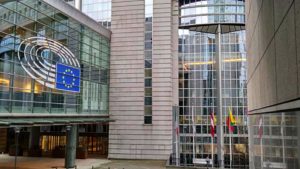
Partnership for the Urban Agenda on Circular Economy, a European network
-
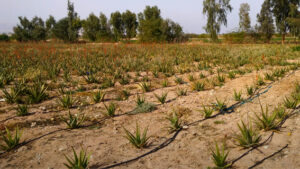
Aloe Vera, a crop to revive the economy of Karak, Jordan
-
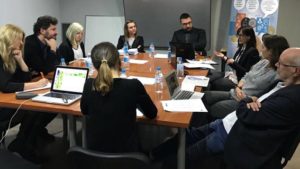
Cycle: il progetto per integrare l’economia circolare nella formazione per adulti
-

Improving the sustainability in the cherry supply chain in Bulgaria and Turkey
-
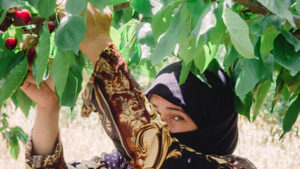
Towards the creation of a quality label for the cherries from the Bekaa Valley
-
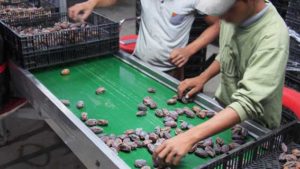
Improving quality management in a Palestinian date cooperative
-
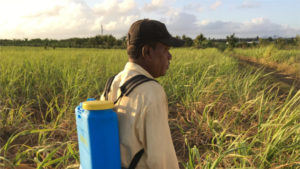
Needs analysis for sustainable sugarcane production in Mauritius